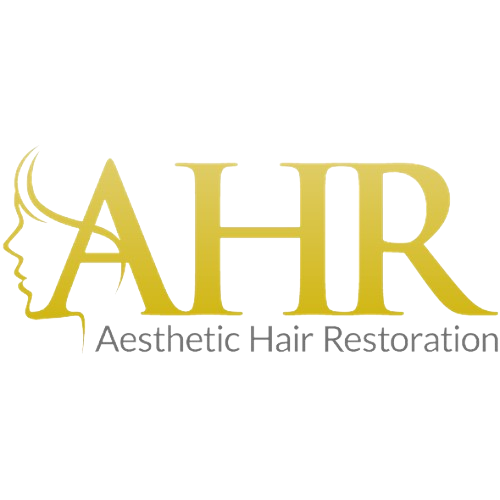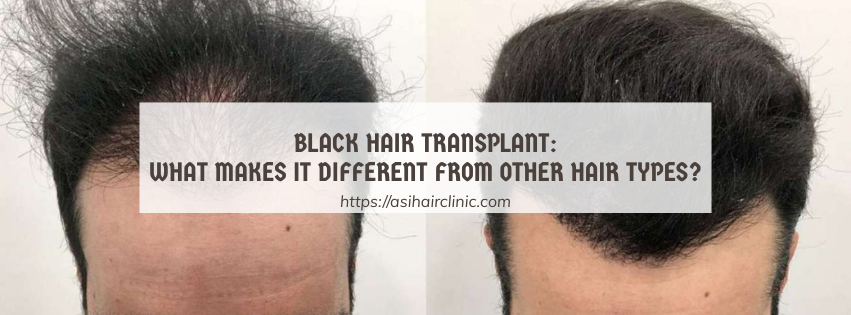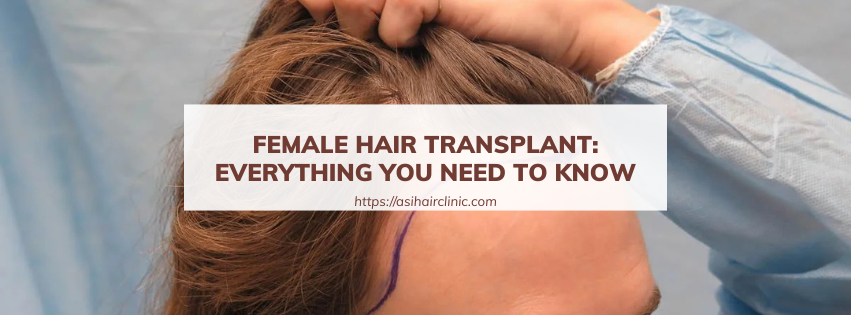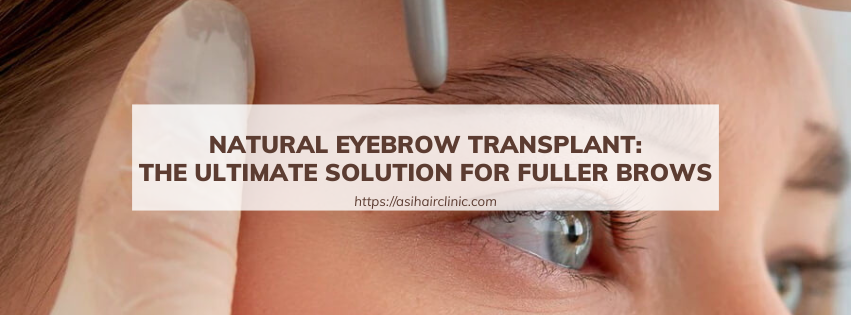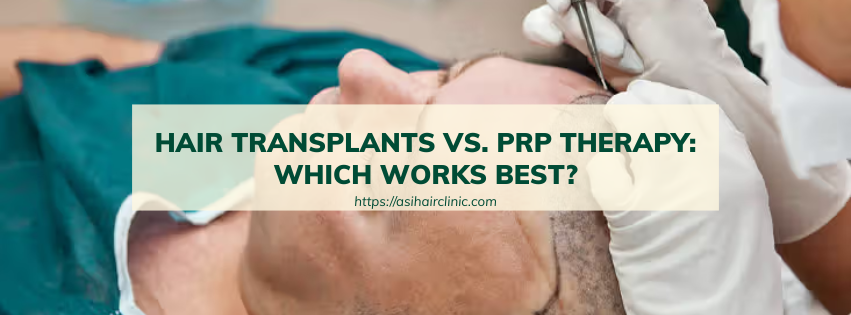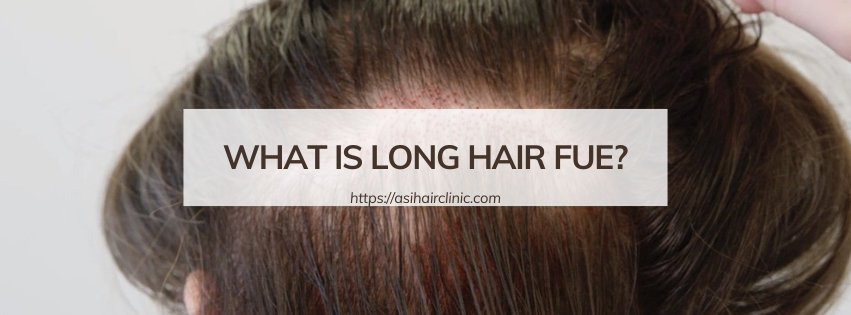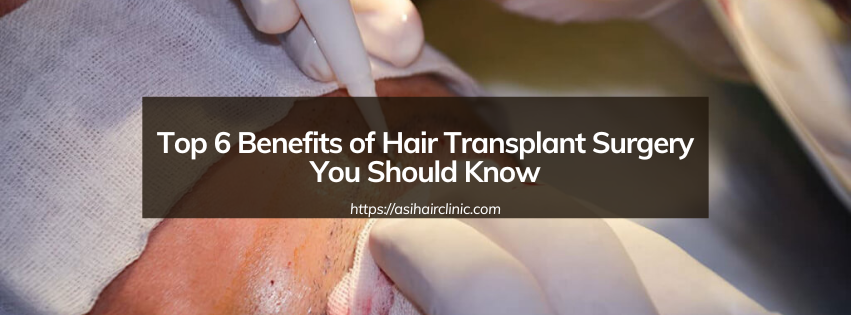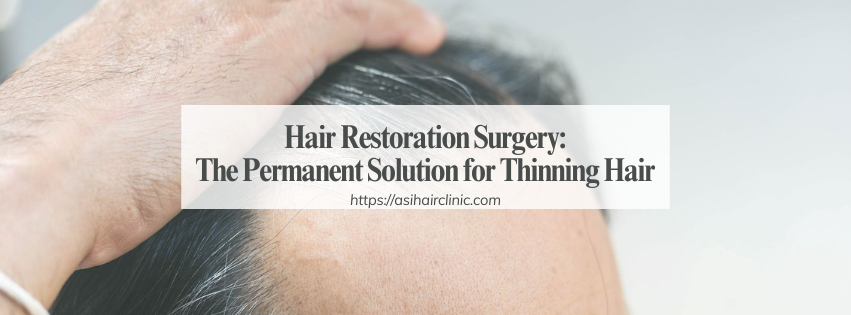7 Proven Hair Loss Prevention Tips for Men
For countless men around the globe, hair loss isn't merely a cosmetic issue; it can profoundly impact self-esteem and even lead to feelings of anxiety or depression. The perception of youth and vitality often hinges on a full head of hair, and losing it can feel like an unyielding struggle against time. However, before you surrender to the notion that balding is part of your identity, it's essential to understand that hair loss is not an unavoidable fate. With proactive steps, you can slow down this process, nurture your remaining hair, and possibly reclaim what you've lost. In this comprehensive guide, we'll explore seven scientifically-backed tips to help you take control of your hair health and fight against hair loss.
Understanding the Science: Why We Lose Hair
Before we delve into tangible solutions, it’s imperative to grasp the underlying science behind hair loss. The primary driver of male pattern baldness is a hormone known as dihydrotestosterone (DHT). DHT is a derivative of testosterone and is particularly potent when it binds to hair follicles in genetically susceptible individuals. Over time, this binding leads to the gradual shrinking of these follicles, ultimately halting hair production altogether. This condition, termed androgenetic alopecia, represents the most prevalent form of hair loss among men.
The Role of Genetics in Hair Loss
Genetics plays a significant role in how likely you are to experience hair loss. If you have family members who struggled with hair thinning or balding, it's more likely that you may face similar challenges. Research suggests that genes associated with hair loss can come from either side of your family tree-both maternal and paternal lines can influence your predisposition to alopecia.
Understanding this genetic component can be empowering. While you may not be able to change your genetic makeup, knowing that you have a tendency toward hair loss allows you to take preemptive measures and seek solutions that could mitigate or prevent further loss.
Hormonal Factors Beyond DHT
While DHT is the primary player in male-pattern baldness, other hormonal fluctuations can also contribute to hair loss. For instance, changes in thyroid hormones can significantly affect hair growth cycles. Similarly, stress-induced cortisol spikes can lead to temporary shedding-a phenomenon known as telogen effluvium.
By comprehensively understanding these factors, you can better address potential causes of hair loss and tailor your prevention strategies accordingly.
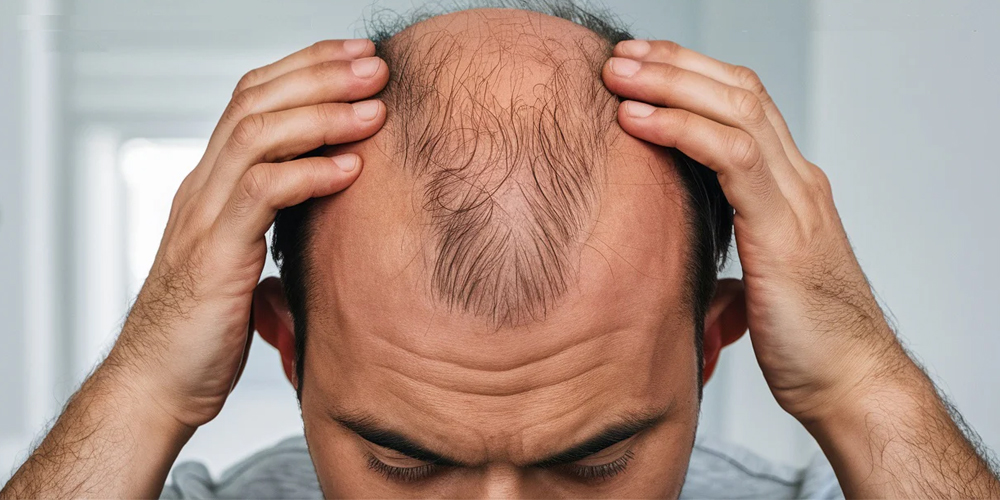
Tip 1: Manage Stress
Stress is often an overlooked culprit in the realm of hair loss. The pressures of daily life can not only weigh heavily on your mental health but can also manifest physically, causing your hair to thin or fall out. Chronic stress triggers the body to release cortisol, a hormone that disrupts the normal hair growth cycle, leading to increased shedding.
Practice Mindfulness
Engaging in mindfulness practices such as meditation, yoga, or deep-breathing exercises can significantly reduce stress levels. By incorporating these techniques into your daily routine, you create mental space that fosters relaxation and helps regulate cortisol levels.
Furthermore, research has shown that regular meditation can improve emotional resilience, helping you manage stressors more effectively. This isn't just about feeling better mentally; it translates to physical health benefits—including the preservation of your hair.
Engage in Regular Exercise
Physical activity is a natural stress reliever. When you exercise, your body releases endorphins, chemicals that enhance mood and alleviate tension. Whether it's a brisk walk, weightlifting, or engaging in a sport, find an activity that you enjoy and make it a regular part of your lifestyle.
Exercise not only boosts your mental well-being but also improves circulation, delivering essential nutrients to your hair follicles and promoting healthier hair growth. The cumulative effect of consistent exercise can thus serve as a two-fold strategy in your battle against hair loss.
Prioritize Quality Sleep
Sleep quality is fundamental to overall health, including hair health. Aim for seven to eight hours of restorative sleep each night. During sleep, your body undergoes crucial repair processes, including those affecting hair follicle health. Disrupted sleep patterns can lead to elevated stress levels and subsequently higher cortisol concentrations-a direct adversary to healthy hair growth.
Establishing a calming bedtime routine, limiting screen time before bed, and creating a comfortable sleep environment can all contribute to improved sleep quality. Remember, good sleep hygiene is not a luxury; it’s an essential practice for safeguarding your hair.
Tip 2: Eat a Healthy, Balanced Diet
Your hair's health mirrors your overall nutrition. Just as your body requires various nutrients to function optimally, so do your hair follicles. A diet deficient in specific vitamins and minerals can lead to weakened strands and increased hair shedding.
Key Nutrients for Hair Health
Protein is paramount for hair growth since hair is predominantly made up of a protein called keratin. Incorporate protein-rich foods into your meals-think eggs, poultry, fish, beans, and lentils. These foods not only support hair structure but also provide the necessary building blocks that promote new hair growth.
Iron is another critical nutrient. Iron deficiency can lead to anemia, which may result in hair loss. Include sources such as red meat, spinach, lentils, and fortified cereals in your diet to ensure adequate iron intake. If you're vegetarian or vegan, consider pairing non-heme iron sources with vitamin C to enhance absorption.
Zinc plays a role in maintaining the health of your hair follicles and ensuring optimal hair growth. Foods rich in zinc include oysters, nuts, seeds, and whole grains. A deficiency in zinc can lead to hair thinning, making it vital to include in your dietary repertoire.

Incorporate Omega-3 Fatty Acids
Helming from both plant and animal sources, omega-3 fatty acids are vital for maintaining scalp health. They nourish hair follicles, provide essential lipids, and promote overall scalp wellness. Rich sources include fatty fish like salmon and tuna, as well as flaxseeds and walnuts.
Incorporating these nutrients into a balanced diet will not only benefit your hair but also enhance your overall health. Take time to experiment with recipes that incorporate these superfoods, nourishing your body while protecting your precious mane.
Hydration Matters
The importance of staying hydrated cannot be overstated. Water is essential for every bodily function, including hair health. Dehydration can lead to dry, brittle hair that is more susceptible to breakage. Aim to drink plenty of fluids throughout the day, especially water.
Consider infusing your water with fruits or herbs for added flavor and health benefits. Staying hydrated ensures that your hair receives the moisture it needs to thrive.
Tip 3: Maintain a Healthy Scalp
A thriving mane begins with a healthy scalp. Neglecting scalp care can result in clogged hair follicles, hindered blood flow, and an unhealthy environment for hair growth. Remember, your scalp is the foundation upon which your hair grows.
Gentle Washing Techniques
It's crucial to wash your hair regularly, but the type of products you use matters. Opt for sulfate-free shampoos that cleanse without stripping your scalp of its natural oils. Harsh ingredients can lead to dryness, irritation, and eventual hair loss.
Additionally, consider washing your hair less frequently if you notice excessive dryness. Each person’s hair type varies, so find a washing schedule that works best for you. When washing, focus on massaging the scalp gently with your fingertips to stimulate circulation.
Exfoliation and Blood Circulation
Just as you exfoliate your skin, your scalp also deserves attention. Regular gentle exfoliation helps remove dead skin cells, excess oil, and product buildup, promoting a healthier environment for hair growth. You can use a specialized scalp scrub or a soft brush designed for this purpose.
Boosting blood circulation to the scalp is crucial, as it increases oxygen and nutrient delivery to hair follicles. Incorporating scalp massages into your routine can be a simple yet effective way to support this process. Use your fingertips to massage your scalp for several minutes a day-it's soothing and beneficial.
Moisturize Your Scalp
If your scalp feels dry or itchy, invest in hydrating scalp treatments or oils. Look for natural ingredients like coconut oil, argan oil, or tea tree oil that can soothe irritation and maintain moisture levels. Keeping your scalp hydrated is essential for preventing flakiness and supporting overall hair health.
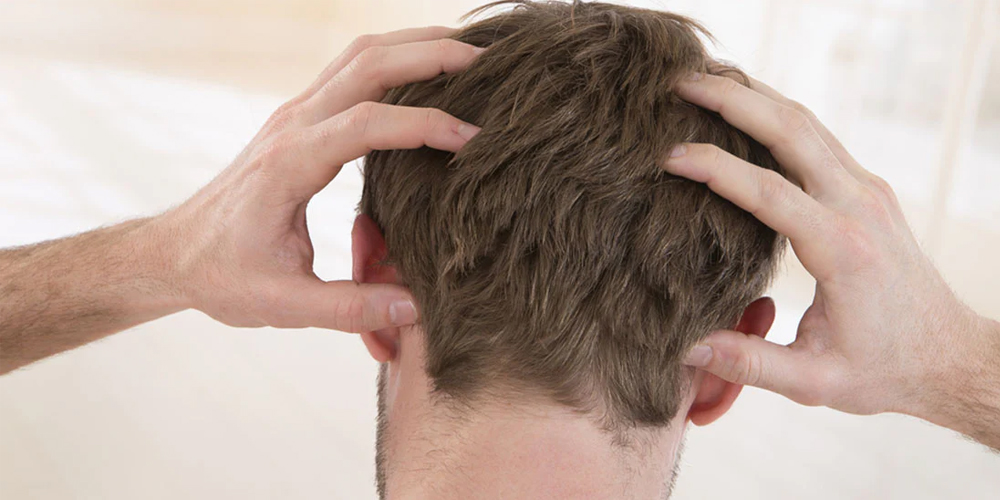
Tip 4: Consider Supplements
While a nutritious diet should typically provide sufficient nutrients for hair health, supplements can fill in gaps where necessary. If you're struggling to meet your nutritional needs through food alone, consider integrating targeted supplements.
Popular Hair Loss Supplements
Biotin is one of the most commonly recommended supplements for hair health. Known as vitamin H, biotin supports keratin production, enhancing hair strength and thickness. Many people report improvements in hair quality after consistent biotin supplementation.
Zinc supplements can also be beneficial, particularly for those not getting enough from their diets. Zinc plays an integral role in hair tissue growth and repair, making its presence vital for sustained hair health.
Saw Palmetto is an herbal remedy that has gained popularity for its potential to block DHT and combat hair loss. While research is still ongoing, some studies suggest that saw palmetto extracts can aid in reducing hair loss, especially in men experiencing androgenetic alopecia.
Topical Treatments
Minoxidil, commonly known as Rogaine, is a topical treatment available over-the-counter. It has been clinically proven to slow hair loss progression and even promote regrowth in some cases. However, consistent application is essential for continued results, and it's advisable to consult with a healthcare provider beforehand.
As with any supplement or topical treatment, always consult with your doctor before starting. This is especially important to ensure there are no contraindications with any medications you may already be taking.
Tip 5: Explore Hair Loss Treatments
If you've noticed significant hair thinning or loss, seeking professional guidance is essential. Dermatologists and hair loss specialists can offer tailored advice based on your specific situation.
Prescription Medications
Finasteride, known commonly as Propecia, is a prescription medication that inhibits DHT production. Clinical studies have demonstrated that finasteride can halt hair loss and even induce regrowth in many men. Discussing this option with your doctor can help determine whether it’s appropriate for you.
Laser Therapy
Low-level laser therapy (LLLT) has emerged as another avenue for combating hair loss. Studies indicate that LLLT can stimulate hair growth by improving blood flow to the scalp. This non-invasive treatment involves using devices designed to deliver low-energy lasers directly to the scalp, promoting cellular activity.
Hair Transplantation
For those seeking a more permanent solution, hair transplantation is a surgical procedure involving the transfer of hair follicles from a donor site to balding areas. This option requires careful consideration, as it’s more invasive than topical or oral treatments.
Consulting with a qualified hair restoration specialist can provide insight into whether a hair transplant is suitable for your individual needs and circumstances.
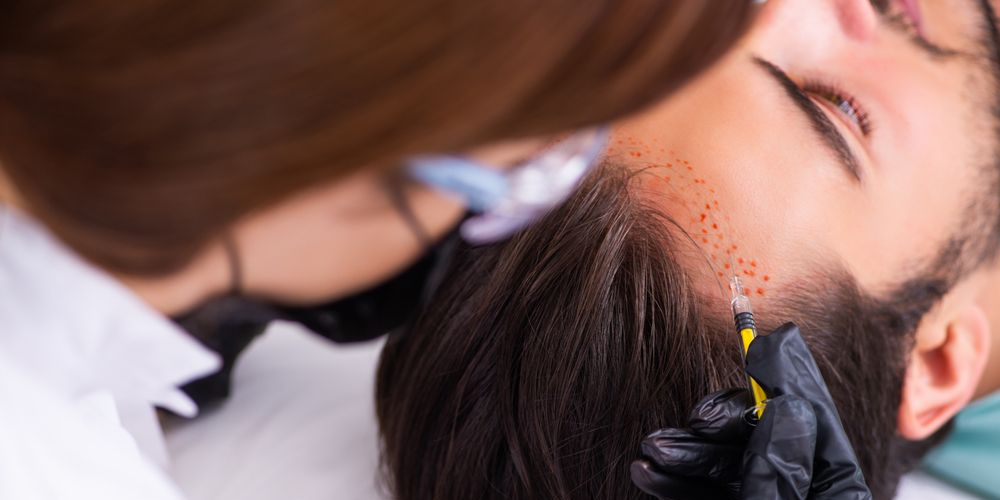
Tip 6: Minimize Hair Styling Damage
Certain hairstyling practices can inadvertently lead to hair damage and exacerbate loss. Being mindful of how you treat your locks can play a pivotal role in maintaining their health.
Heat Styling Tools
Excessive heat can weaken hair, leading to breakage and frizz. While styling tools like straighteners and curling irons can achieve stunning looks, they should be used sparingly. Always apply a heat protectant spray before using these tools to shield your hair from damage.
Consider embracing natural hairstyles more often, allowing your hair to recover from styling stressors. Experimenting with braids, buns, or other heat-free options can add versatility without compromising your hair’s integrity.
Choose Gentle Hair Products
Selecting the right hair care products is essential for maintaining healthy hair. Opt for shampoos and conditioners that are sulfate-free, paraben-free, and silicone-free. These harsh ingredients can strip your hair of its natural oils, leading to dryness and brittleness.
Instead, look for products containing nourishing ingredients like natural oils, herbal extracts, and proteins that hydrate and fortify your hair.
Tip 7: Manage Underlying Medical Conditions
Hair loss can sometimes signal underlying health issues, making it essential to address any medical concerns. Various conditions can contribute to hair loss, and recognizing them can lead to effective treatment plans.
Thyroid Disorders
Both hypothyroidism and hyperthyroidism can disrupt the normal hair growth cycle. If you suspect thyroid issues could be contributing to your hair loss, consulting with a healthcare provider for testing and treatment is essential.
Autoimmune Diseases
Conditions like alopecia areata, an autoimmune disorder, can lead to patchy hair loss. In such cases, your immune system mistakenly attacks hair follicles, resulting in sudden hair loss. Seeking guidance from a specialist can help you navigate treatment options specific to this condition.
Medication Side Effects
Certain medications, including chemotherapy drugs and blood thinners, can lead to hair loss as a side effect. If you’re on medication and experiencing unexpected shedding, speak to your doctor about potential alternatives or adjustments to your regimen.
Monitoring your overall health is crucial in the journey toward maintaining a full head of hair. Regular check-ups and discussions with your healthcare provider can help identify potential issues early on.
Conclusion
Navigating the complex terrain of hair loss can feel daunting, but it’s important to remember that you are not powerless. Armed with knowledge and actionable strategies, you can take significant steps to reclaim your hair health. From managing stress and nourishing your body to exploring medical treatments, each approach plays a vital role in your journey.
While individual responses to treatments can vary widely, persistence and a proactive mindset can lead to positive outcomes. Don't hesitate to consult professionals who can guide you on your path. With dedication and the right tools at your disposal, you can regain confidence and embrace a vibrant, healthy future for your hair.
LATEST POSTS
